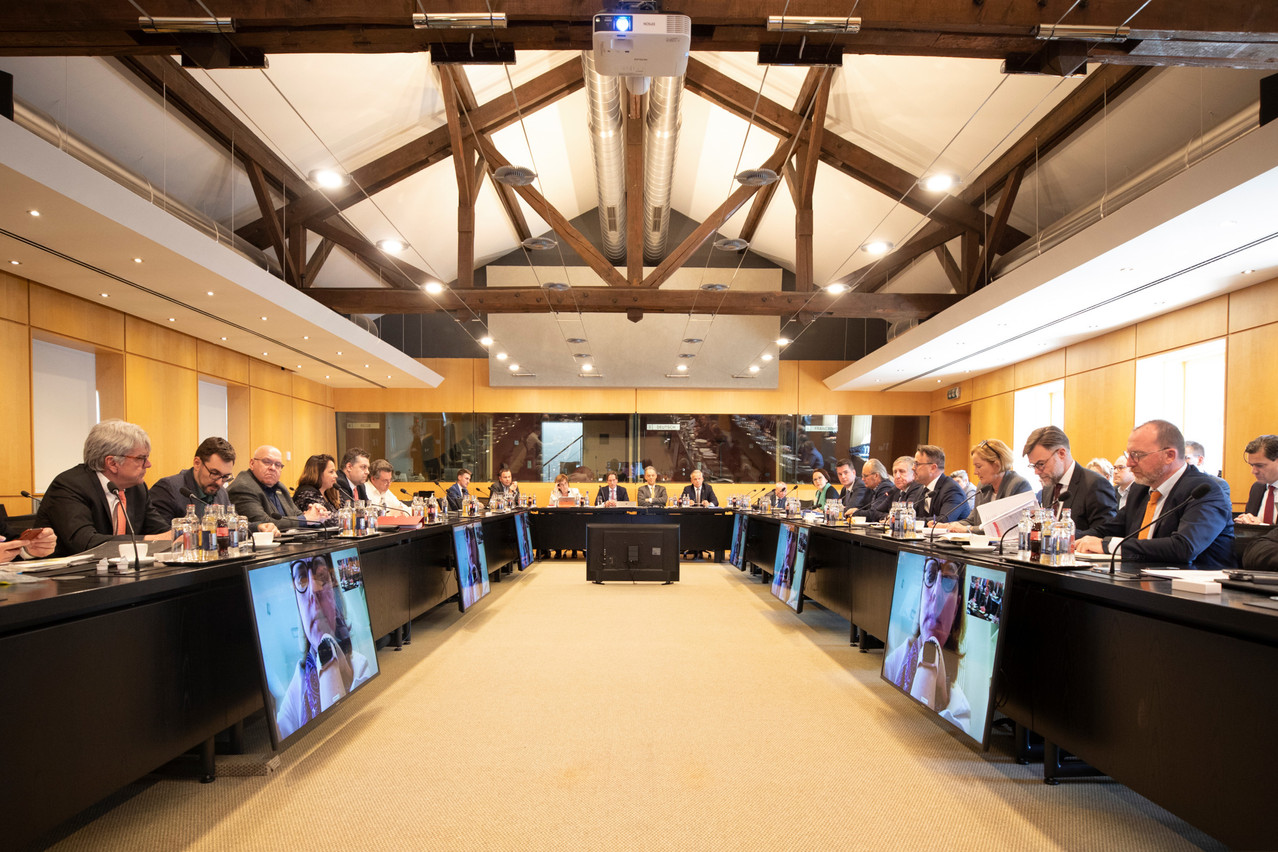“We can no longer continue as we have done over the past 15 years.” This was the message delivered by the representatives of the Court of Auditors to the members of the finance and budget committees. In its opinion on the 2023 budget, the watchdog said it was worried about the increasing level of national debt.
The interventions necessary “to come to the rescue of economic actors and to support the purchasing power of households” have caused the debt to triple in 15 years. However, “for years, the court has been warning against a sustained increase in public debt that is too high and that risks jeopardising the medium-term sustainability of public finances and restricting the state's room for manoeuvre.” The state budget seems to be less and less able to absorb the financial burden resulting from the crises, and “it seems that this burden is systematically spread through recourse to debt.”
Moving away from a short-term view
With the energy crisis in full swing and others on the horizon, “public action should move away from the short-termist approach of absorbing the financial impact of crises by resorting to borrowing, which is a threat to the sustainability of our public finances. To this end, according to the Court of Auditors, it is important that recourse to debt be oriented towards the future by promoting the energy, socio-environmental and digital transition of our economy and society.”
The Court of Auditors therefore proposes to transform the tripartite coordination committee into a quadripartite one “integrating the main organisations involved in the fight against climate change so that all the ecological, economic and social aspects linked to climate change are taken into account during negotiations between social partners.”
Some MPs were surprised by this request, pointing out that “the representatives of the government and the social partners have their legitimacy through elections.” This would not apply to representatives from the ecological field. Moreover, another MP recalled, “the actors gathered around the negotiating table during the tripartite meetings were well aware of the importance to be attributed to ecology and the fight against climate change.”
July figures too old
In addition, the Court of Auditors was concerned about “the draft revenue budget, in particular by examining the accuracy of the amount of revenue forecast. As economic forecasts are highly uncertain and subject to short-term changes in a context marked by political, economic and health uncertainties, the court is of the opinion that by failing to integrate the most recent macroeconomic forecasts and by basing itself on figures published in July, the revenue forecasts contained in the present bill are no longer up to date and it is therefore difficult to give an opinion on the plausibility of these figures.”
This is another element that prompted the CSV to request an urgent meeting of the finance committee to advise on the “reliability of the budget documents.”
This story was first published in French on . It has been translated and edited for Delano.
